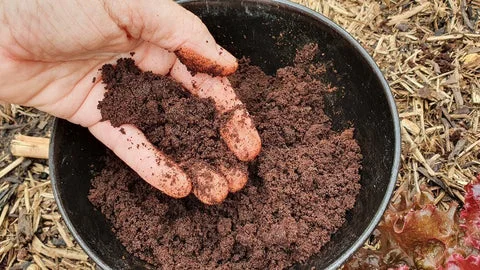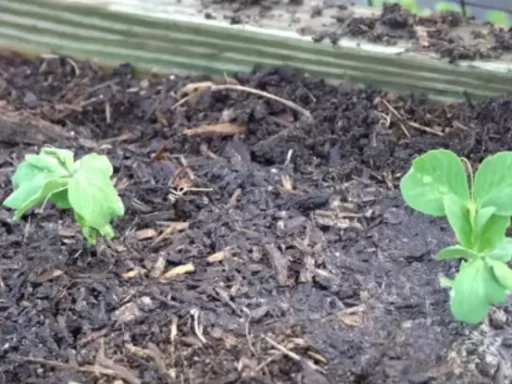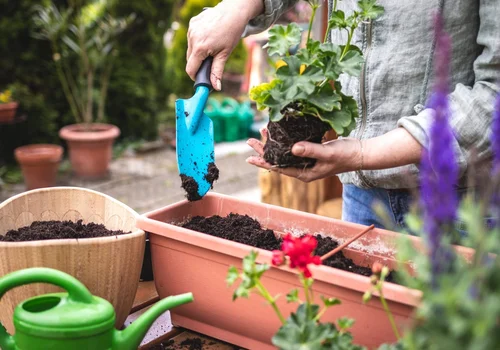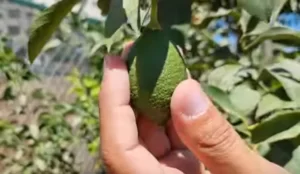As the new growing season approaches, now is the perfect time to ensure your garden is primed for success. Healthy soil is the foundation of a thriving garden, and by adding organic matter, you can give your plants the nutrients they need to flourish. This guide will walk you through the steps necessary to supercharge your soil for the upcoming growing season. Whether you’re new to gardening or an experienced grower, these tips will help you cultivate a productive and vibrant garden.
Why Adding Organic Matter is Crucial
One of the most critical steps in preparing your garden soil is adding organic matter such as compost or manure. This process should be done at least once a year to replenish the soil and provide essential nutrients. Organic material is packed with nutrients that not only benefit the plants but also feed the soil itself, fostering a healthy ecosystem beneath the surface. When you think of soil, it’s essential to view it as a living entity that needs to be nourished and cared for.
Nutrient-rich compost is like food for your soil, and when your soil is healthy, your plants will thrive. The microorganisms, worms, and other beneficial organisms living in the soil will break down the compost and release nutrients that plant roots can easily absorb.
How to Apply Organic Matter to Your Garden
Adding organic matter to your garden beds is a straightforward process. Spread about 1 inch (or 3 centimeters) of compost or manure over the surface of your soil. There’s no need to dig it in; earthworms and other soil organisms will incorporate it into the soil naturally. By letting nature do the hard work for you, you can avoid disturbing the delicate soil structure.
If you’re working with a large garden, you may find that your compost pile doesn’t produce enough material to cover all your beds. In this case, consider purchasing bulk bags of well-rotted manure or compost. While it may be more expensive upfront, buying in bulk can save you time and energy in the long run. Be sure to ask local farms or stables for manure, as they often give it away for free, but ensure that the animals have not grazed on land treated with herbicides.
Compost vs. Manure: Which is Best?
When deciding between compost and manure, both options provide excellent benefits, but they differ slightly in terms of nutrient content. Garden-made compost is generally richer in nutrients and is often a preferred choice. If you don’t have enough compost, well-rotted manure is a great alternative that comes in at a close second.
Manure must be aged or “well-rotted” to avoid burning your plants with excessive nitrogen. Fresh manure can be too concentrated in nutrients and may harm plant roots. By allowing it to decompose for several months, you can ensure it’s safe to use in your garden.
Timing Matters: When to Add Organic Matter
The best time to apply organic matter to your garden is from late autumn to early winter. This gives the compost or manure time to break down over the winter months, allowing soil life to work on it before the growing season begins. However, if you miss this window, aim to spread your organic matter before the end of winter, so it has at least a couple of months to meld with the soil before planting.
Alternative Organic Matter Sources
If you don’t have enough compost or manure, there are other ways to add organic material to your soil. One simple method is to use leaves. In autumn, rake up excess leaves and spread them over your garden beds. Leaves act as a slow-release fertilizer, gradually breaking down and enriching the soil over time.

Another option is straw. If you have straw bales that are beginning to break down, you can scatter them over your garden beds. Straw decomposes more slowly than compost but still provides valuable nutrients to your plants.
Preventing Weeds with the WESC Method
Weeds can be a nuisance in any garden, but there’s an easy method to control them called WESC (WEeds, Slice, and Cover). First, rake the soil surface to disturb any weed seeds, then cover the area with a pane of glass or plastic. This traps heat and encourages weeds to germinate. Once they’ve sprouted, slice them off at ground level with a hoe.
To prevent new weed seeds from blowing into your garden, cover the soil with cardboard. The cardboard acts as a barrier, keeping the soil weed-free until you’re ready to plant. Once the growing season begins, you can remove the cardboard and add it to your compost pile.
Staying Organized for the Growing Season
Now that your soil is prepared, it’s time to focus on getting organized for the growing season. Keeping a garden journal can help you track what you’ve planted, when you’ve added compost or manure, and how your plants are performing. You can also plan your garden layout and make notes about which areas need extra attention.
By staying organized, you’ll be able to take full advantage of the growing season and ensure that your garden is productive and healthy. Keep an eye on the weather and start planting as soon as the conditions are right.
7 Frequently Asked Questions (FAQs)
- How often should I add compost or manure to my garden?
- It’s recommended to add compost or manure to your garden at least once a year to keep the soil nutrient-rich.
- Can I use fresh manure in my garden?
- Fresh manure should be avoided as it can burn plants due to its high nitrogen content. Always use well-rotted manure.
- Is compost better than manure for garden soil?
- Compost is generally richer in nutrients and promotes healthier soil life, but well-rotted manure is also an excellent option if compost is unavailable.
- When is the best time to add organic matter to my garden?
- Late autumn to early winter is ideal for adding organic matter, giving it time to break down before the growing season.
- Can I use leaves as a soil amendment?
- Yes, leaves can act as a slow-release fertilizer when spread over garden beds, gradually enriching the soil as they decompose.
- How can I control weeds in my garden without chemicals?
- The WESC method (WEeds, Slice, and Cover) is an effective way to control weeds without chemicals by promoting early germination and then removing them.
- What should I do if I don’t have enough compost for my garden beds?
- You can purchase bulk compost or manure, or use alternative organic materials such as leaves or straw to enrich your soil.



